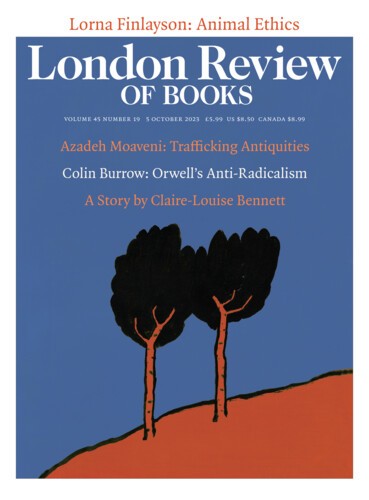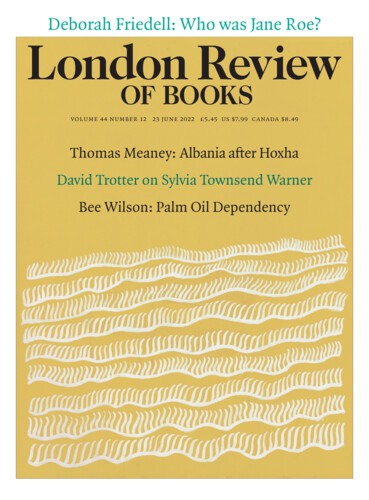Short Cuts: Medicine Shortages
Gavin Francis, 18 July 2024
After I finish my morning clinic as a GP there are a few tasks that I have to get done before heading out on home visits. The first is to check my inbox. There are always some messages from the government, public health alerts, emails from hospital consultants and district nurses with concerns about mutual patients, emails from the local medical school regarding students. Most GPs are...





